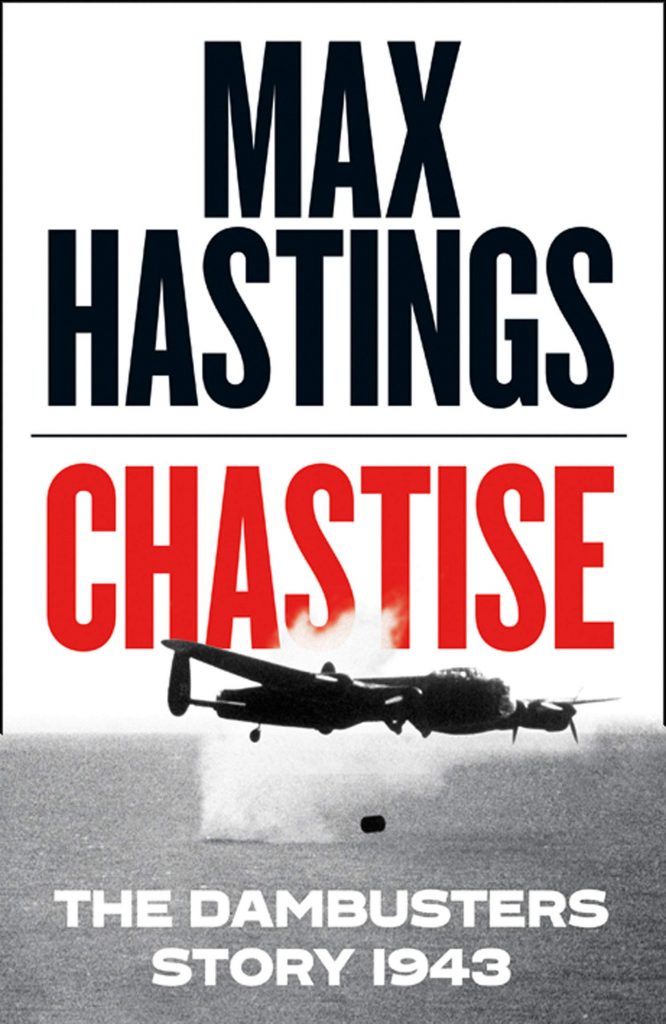Everyone with a passing interest in World War 2 is familiar in a general sense with the RAF 617 Sqn attack on the Mohne, Eder and Sorpe dams in Germany in May 1943, popularly known as the Dambuster raid and officially as Operation Chastise.

Hardcover 464pp RRP $59.99
Max Hastings, in a tour de force, brilliantly expands our horizon of knowledge of the individuals involved, the technology and conduct of the raid, the courage of the aircrew and the experiences of people on the ground affected by the raid.
In regard to the individuals involved from the Chief of the Air Staff, Portal who supported the project and the Chief of Bomber Command Sir Arthur Harris who was dead against it, through all levels of command to Guy Gibson and the squadron personnel Hastings offers a very comprehensive narrative. The reader is led through the complex motivations of all involved in a very clear and informative way.
One must admire the brilliance and persistence of Barnes Wallis in pushing his “bouncing Bomb” project to fruition against the determined opposition of Air Marshal Harris, who resented any allocation of his aircraft to special projects. The old saying that “Success has many fathers while failure is an orphan” was certainly proved true when the success signal was received in the Bomber Command Operations room. Harris was suddenly converted into a supporter and rang Churchill himself to claim the credit!
The selection and training of the aircrew is covered in detail as is the story of the raid itself. The reader is left in no doubt that extreme courage and feats of flying skill were involved. The hard thing to grasp today is the very short timescale involved. A few months to prepare and test the weapon and the aircraft, a few weeks to assemble and train the aircrew in extreme low level flight at night and the fact that the crews were unaware of the actual target until a day or two before the operation.
Hastings also writes in detail about the effect of the raid on German civilians and foreign slave labourers. There were many horrific consequences for these people and this is not glossed over. As to the effect on the German war industries the disruption was severe but temporary. What is made clear is that the British High command was very remiss in not conducting conventional raids on the dams rebuilding work as this would have had a very serious and continuing effect on the Ruhr industries.
However, at the time Britain had suffered a seemingly unending series of military failures and disasters. This brilliantly conceived and conducted raid came like a bolt from the blue and was of enormous value in raising morale at home. Churchill was able to present the American high command with a British good news story at the conference he was attending.
The book summarises that while the effects were temporary, they could have been so much more with proper follow-up raids. Also, while the aircrew casualty rate was very high there was a great lift in British morale at a very dismal time. This book is highly recommended and will transport the reader back to those times.
Reviewed for RUSIV by Brian Surtees, February 2020
Contact Royal United Services Institute about this article.






